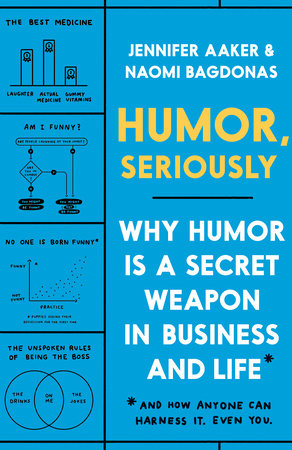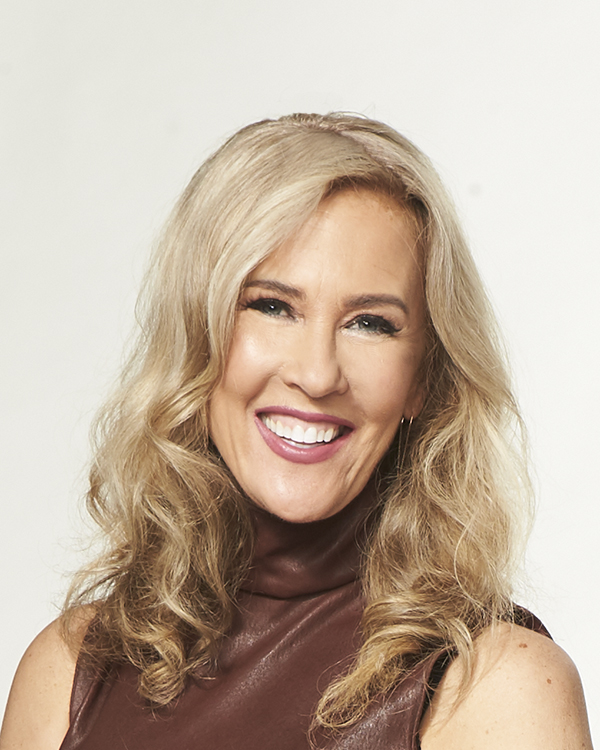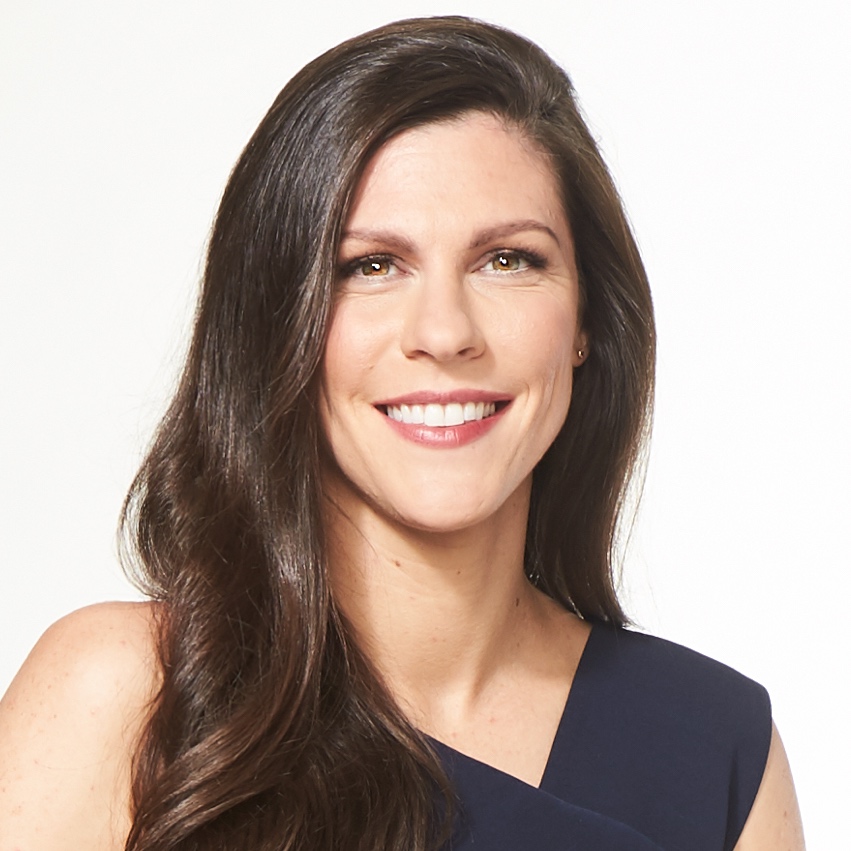You might already know how to infuse your work life with humor and levity, and why it’s so important. But here’s the thing: Once the workday is over, you go home to your full and beautiful and complicated life. What then?
Jennifer has spent the last two decades researching the drivers of human well-being: How do people create meaning in their lives, how is meaning different than happiness, and ultimately, how does one design a life well lived?
Much of that work was inspired by the regrets of the dying. Jennifer’s preoccupation with death began early; her mother has been volunteering at hospice for nearly forty years, so Jennifer grew up hearing stories around the dinner table about the people her mother supported and what they wished for in their last days of life.
In hearing about the wishes that people express in their final days, she began to notice they cluster around a few consistent themes: boldness, authenticity, presence, joy, and love.
Through working with Naomi over the last six years, together we have found that humor and levity are uniquely powerful tools for fulfilling each of these wishes—and thus for contributing to a life well-lived.
We hope that readers can use their findings to live better, more fulfilling lives. So with that, we merge these two different yet profoundly connected sides of their work: levity and a life well lived. In both, boldness, authenticity, presence, joy, and love flourish.
Boldness: “I wish I had lived more fearlessly.”
Fear holds us back from making bold choices that can define our lives. So to live more boldly, we must first tackle fear. Which humor does. Not by making us more courageous or fearless—but by opening us up to change and possibility. Humor empowers us with the boldness to take bigger risks and helps us bounce back more quickly from setbacks—so we can dust ourselves off and try again.
I’m not funny. What I am is brave.
—Lucille Ball
Authenticity: “I wish I had lived a life true to myself.”
Meeting or exceeding the expectations of others can be an intoxicating source of pride. But when we focus too much energy on reaching an outcome or portraying a certain version of ourselves, we can lose our grounding along the way. Humor empowers us to share parts of ourselves that are risky, unconventional, and authentic—thereby shifting others’ expectations to ones that are more personally true, and providing the perspective to care less about ones that don’t matter.
Don’t waste your time trying to change opinions. Do your thing and don’t care if they like it.
—Tina Fey
Presence: “I wish I’d stopped to appreciate the moment more.”
Humor is a choice, one that requires you to watch carefully as your life is unfolding, listen to those around you, and be present in the moment. We are wired to reflect on our past and envision our future; humor helps remind us that each day—as it unfolds—is our life. By prompting us to search for hidden truths in each moment and to look at people and situations in a new light, humor engenders presence.
The last time doesn’t exist. It’s only this time . . . There’s only now.
—Bill Murray
Joy: “I wish I had laughed more—and not taken myself so seriously.”
Joy is not a happy accident, but a choice we make: a thing we allow ourselves to seek and find. It’s about being more generous with your laughter and finding delightful moments in the day. When you don’t take yourself too seriously—you laugh effortlessly. And that is when joy flows.
Do things that make you happy within the confines of the legal system.
—Ellen DeGeneres
Love: “I wish I had the chance to say ‘I love you’ one more time.”
Where there is love, humor is not far behind. There are few tiny acts as easy and generous as sharing a laugh with someone—these moments, though fleeting, are tiny expressions of love. And by quickening the path to trust and self-disclosure, relationships are strengthened. When laughter cuts through tension and divisiveness to forge connection, humor and levity enable love.
* * *
Boldness, authenticity, presence, joy, and love: It is hard to imagine more rewarding life pursuits. And lucky for us (and our readership), each is deeply connected with humor. This is why we believe so strongly that a life of purpose and meaning is a life filled with laughter and levity.
In my experience, you will truly serve only what you love. If you love friends, you will serve your friends. If you love community, you will serve your community. If you love money, you will serve money. And if you love only yourself, you will serve only yourself, and you will have only yourself.
—Stephen Colbert


Dr. Jennifer Aaker is the General Atlantic Professor at the Stanford Graduate School of Business and a leading expert on how purpose and meaning shape individual choices and how technology can positively impact human well-being and company growth. Her work has been widely published in leading scientific journals, and featured in The Economist, The New York Times, The Wall Street Journal, The Atlantic, and Science. A recipient of the Distinguished Scientific Achievement Award, and MBA Professor of the Year, Aaker counts winning a dance-off in the early 1980s among her greatest feats.
Naomi Bagdonas is a lecturer at the Stanford Graduate School of Business and an executive coach. She facilitates interactive sessions for leaders, Fortune 100 companies, and nonprofits and coaches executives and celebrities for appearances on shows ranging from Saturday Night Live to Today. Formerly trained at the Upright Citizens Brigade Theatre, Bagdonas performs at comedy venues and teaches improv in San Francisco’s county jail. Her constant stream of foster dogs describe her as gullible and full of treats.



